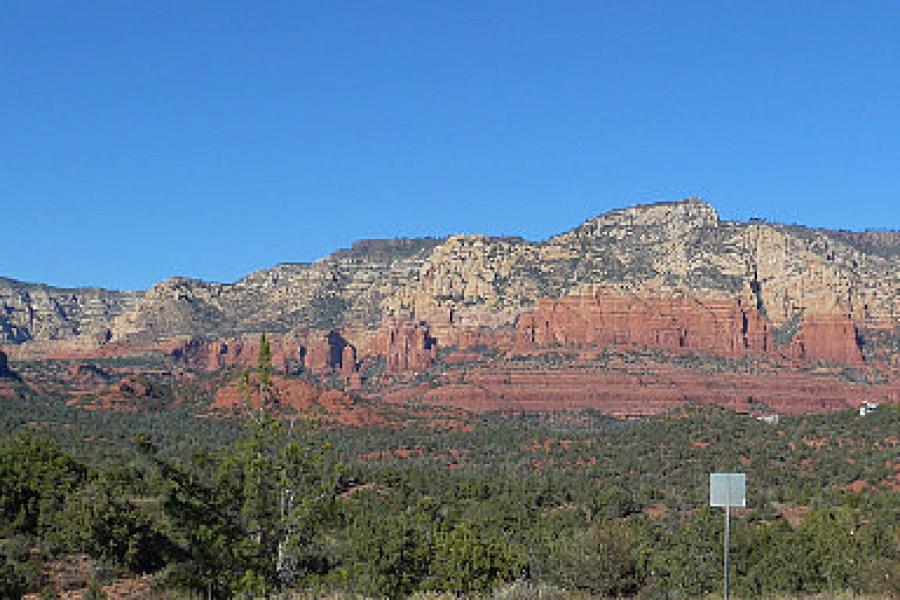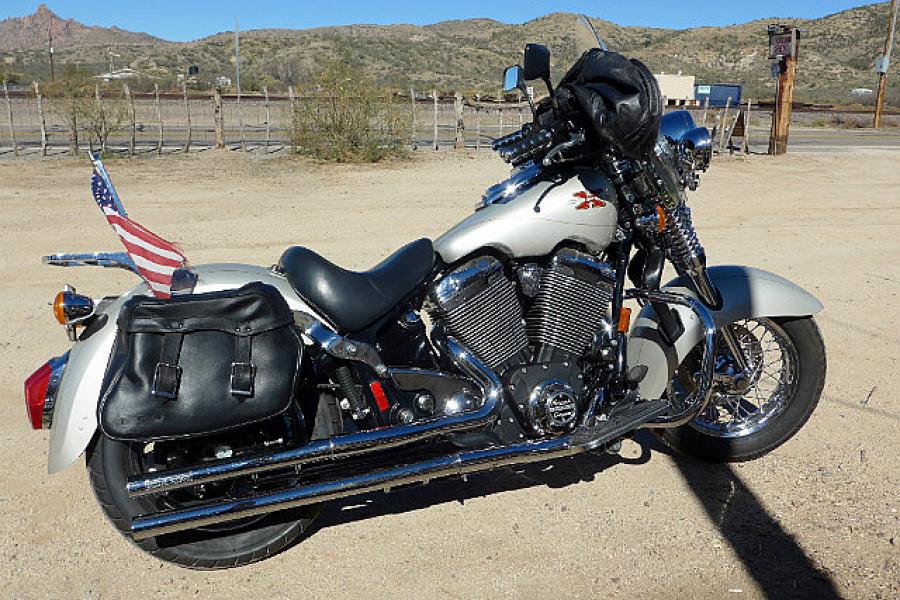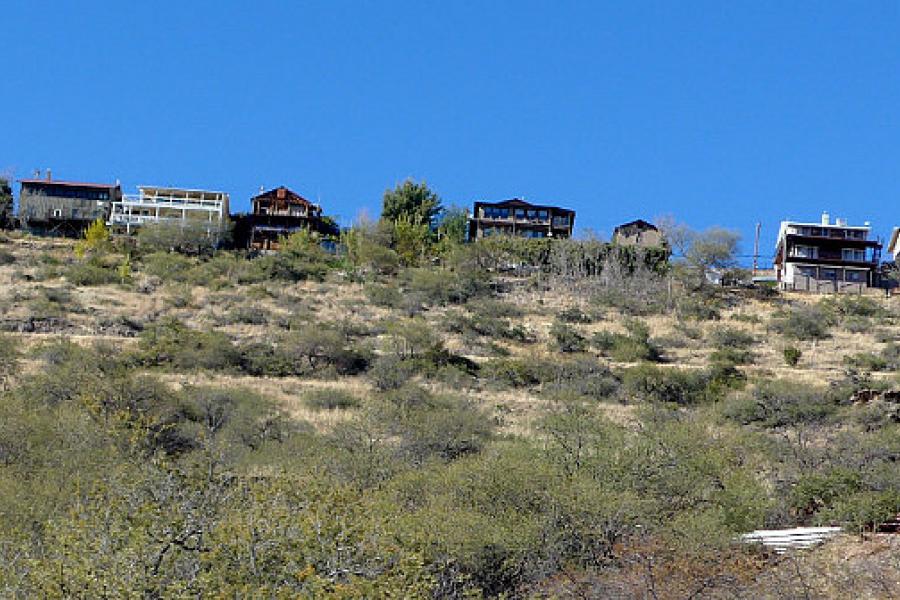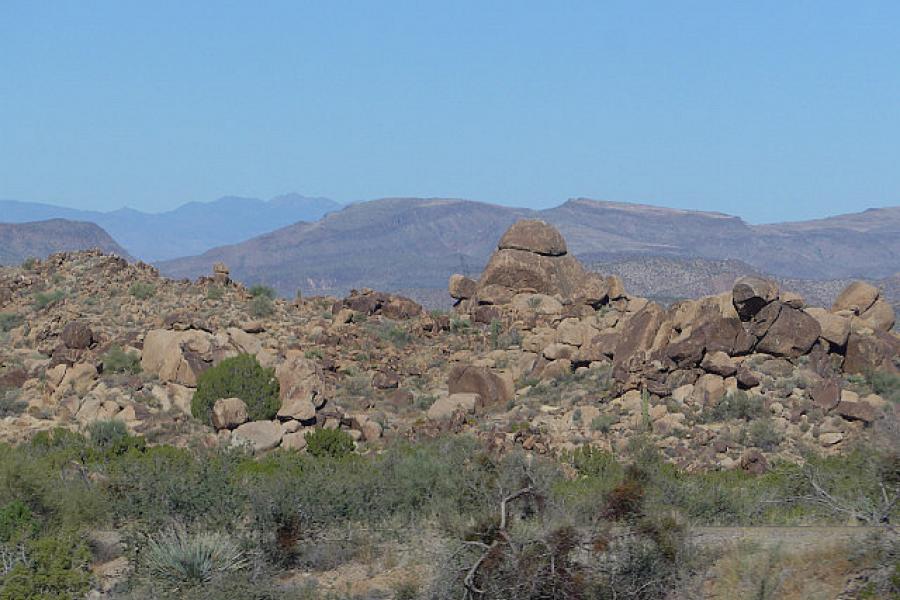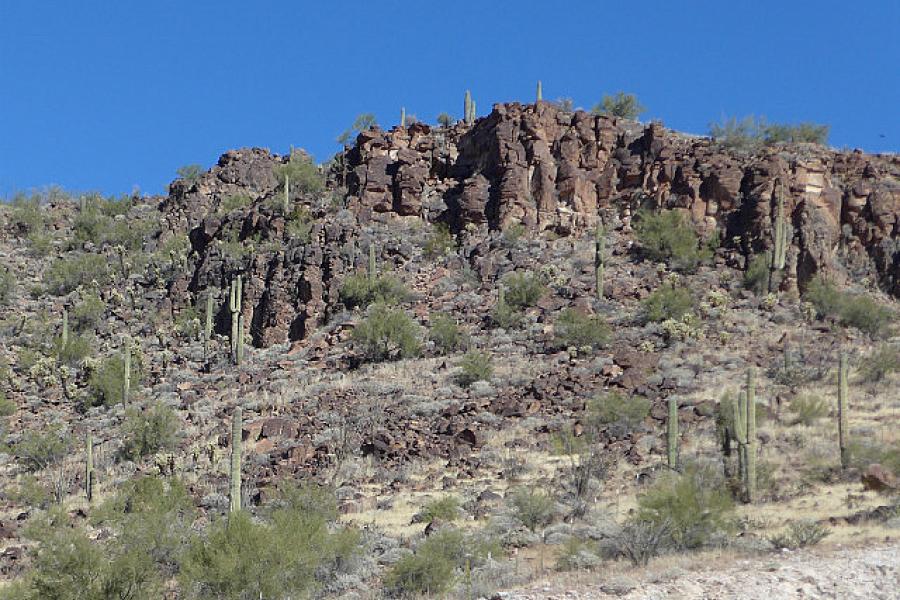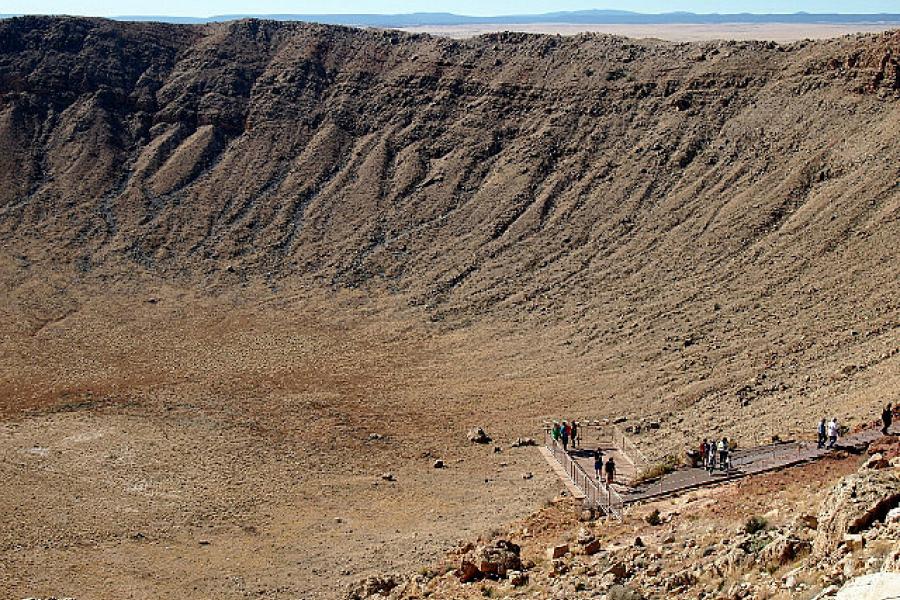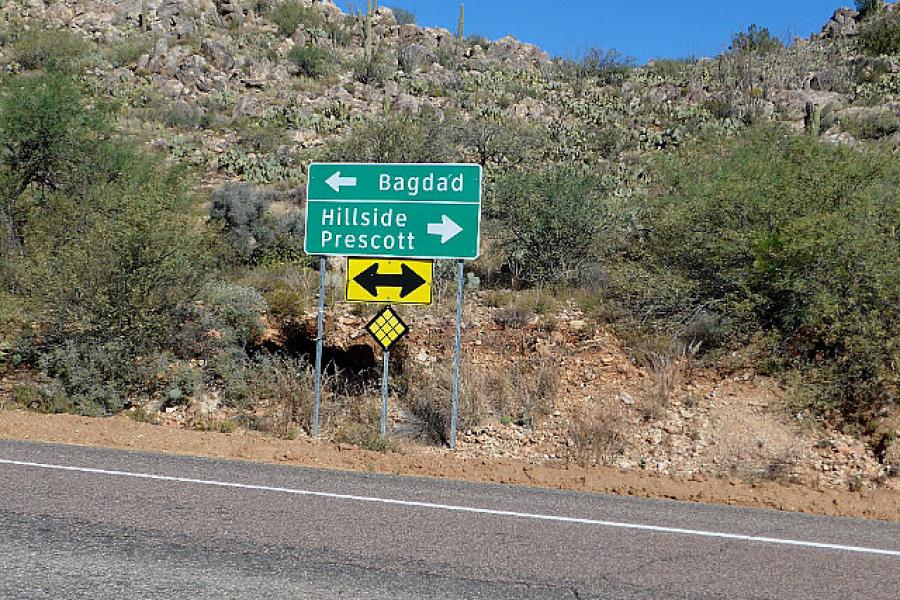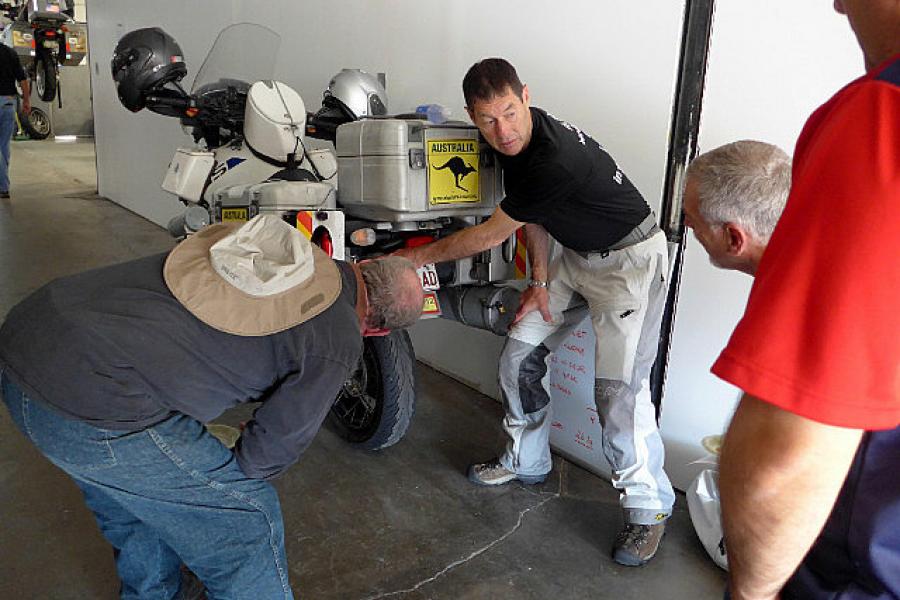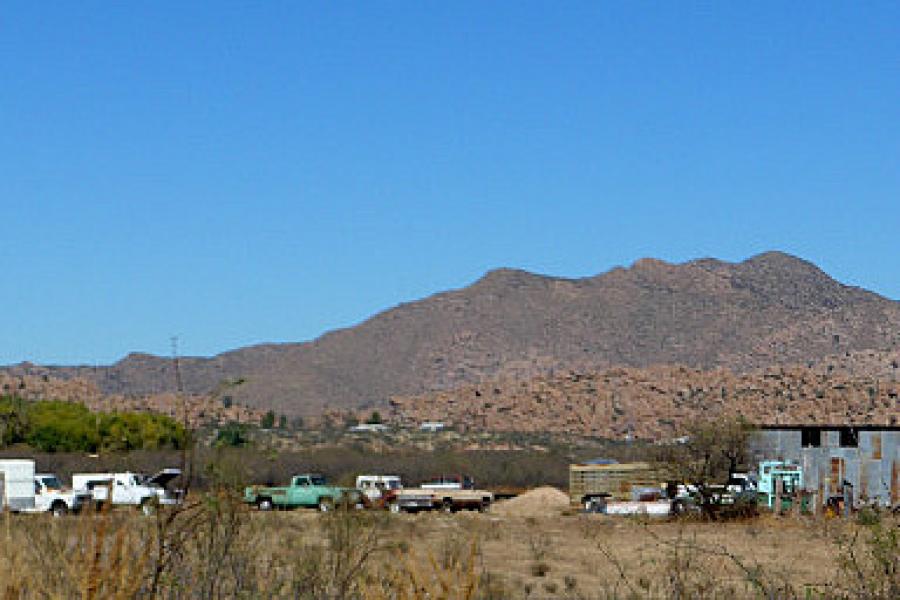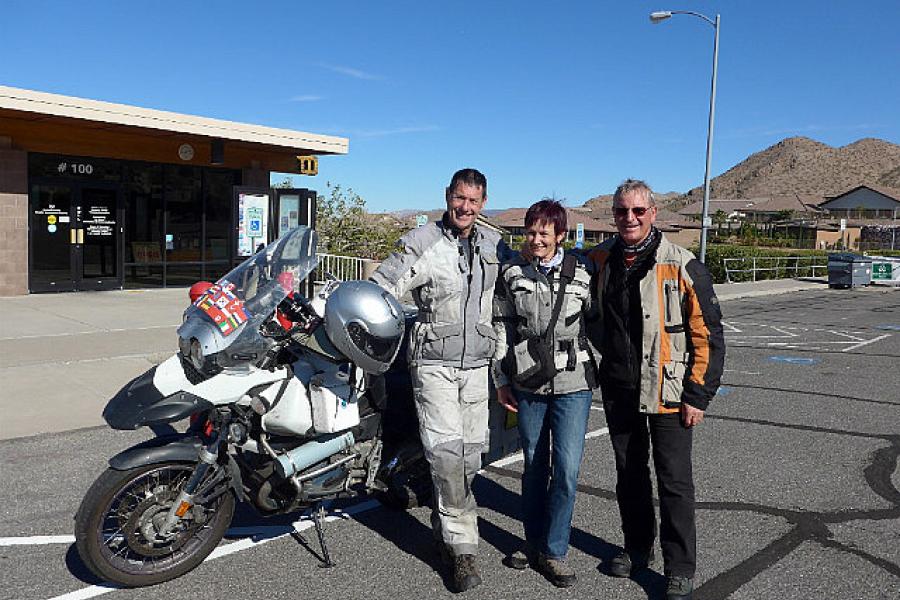Some points of difference (Originally posted 23 Nov 2014)
Country
With Elephant in need of some attention and some pressing family business at home, our 2014 travels ground to a premature end in the south western Arizona capital of Phoenix. It is here, at the tender mercies of some friends, we have stowed the bike until we are able to return and continue. If our US circuit has been shorter than we expected, it has still provided us with much to think about.
We have ridden more than 40 000 km through this country (and another 25 000 through Canada and Mexico). Despite these epic distances, we have avoided all of the major cities except Los Angeles. Our impressions have been shaped by small towns and regional cities and this could never provide a balanced view of such a complex and varied society. Everywhere we have travelled we have been met with cheery curiosity and a genuine affection for Australia and Australians which have, at times, been a little overwhelming. It is clear that Australian efforts over half a century to prove itself a reliable friend and ally have resonated with many ordinary Americans. It is as though many see us as kin; quirky long lost cousins cast adrift in the South Seas where they picked up some bad habits, but family nonetheless. From our perspective these familial ties as just as real. We never knew we had so many distant cousins.
Against this background it may be surprising that I will devote the last few paragraphs of the last US blog to describe one of the most basic and important reasons that our US and Australian friends often find themselves arguing over aspects of our two democracies. It seems that for all that we are kin, we are different in a fundamental way going back to the origins of the countries. Both the US and Australia remain captive to their founding philosophies and their founding philosophies are profoundly different.
For the US, has its roots in the mid-18th Century, Enlightenment philosophy and Common Sense Realism were the important influences and philosophers including the Englishman John Locke and, later, the Scott David Hume and Frenchman Jean-Jacques Rousseau who provided the intellectual fuel. Locke's influence, in particular, can be seen in the wording of both the Declaration of Independence and the Constitution. Rousseau’s Theory of the Natural Human which proposed that "uncorrupted morals" prevail in the "state of nature" set the tone for the first nation state based on the concept of natural rights and belief that all government was a limitation on freedom, albeit a necessary limitation in certain circumstances. It was an antidote to the exercise of feudal and church power, the embodiment of the European Enlightenment and the ideal philosophy for Jefferson's agrarian republic of free men.
Fast forward 125 years to the Australian Constitution which, although it was drafted in the last years of the 19th Century, is more a 20th Century document. Much had happened in the intervening years including the worst ravages of the industrial revolution and the destruction of the agrarian social order of the 18th Century. Indeed by the middle of the 19th Century one fifth of Britons died from tuberculosis, a figure that would have been matched in every industrialised city of the time. Against this background it is little wonder that the Australian Founding Fathers were influenced by the Utilitarian concepts of Jeremy Bentham and John Stuart Mill which proposed that the greatest happiness to the greatest number as the measure of right and wrong. This was a break from the ideals of natural rights and an endorsement of government to act on behalf of the majority. Mill remained a champion of freedom, but saw freedom in the social context of an industrialised world.
It seems that superficial similarities hide fundamental differences. Of course, neither country is completely true to its founding philosophy and both manage a delicate balance of rights, freedoms and responsibilities. Australia is no socialist utopia and the US has never been the laissez-faire place it pretends. All successful countries have a mix of policy for different problems. But, at the core, many Australians and many Americans still think about the world in a different way and that is always likely to be the case. Americans will defend a right with some vigour despite the sometimes dire consequence of exercising it. Australians will trade off a right if they can be convinced that to do so would be to the general good. There is, of course, no right or wrong in this. Every society finds its own balance reflecting its own history. So, next time you hear your US and Aussie friends going at it hammer and tong over divergent social policy, gently remind them that they are looking at the problem from different places and are unlikely to convince one another of anything important. They may be better off having a beer and talking about Rock 'n' Roll.

